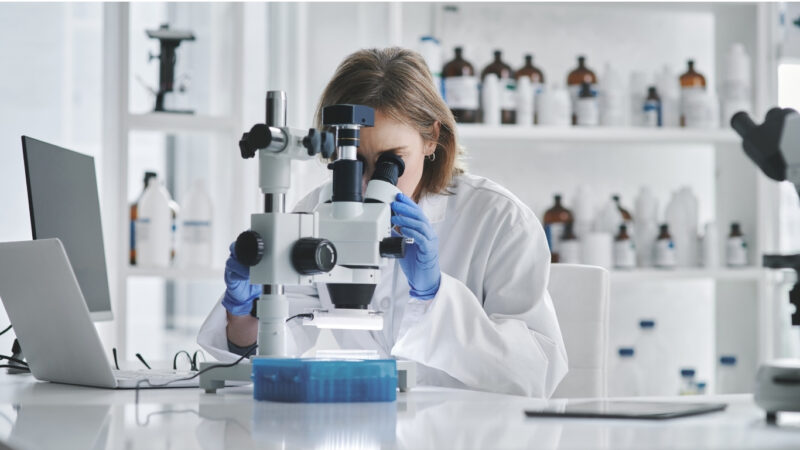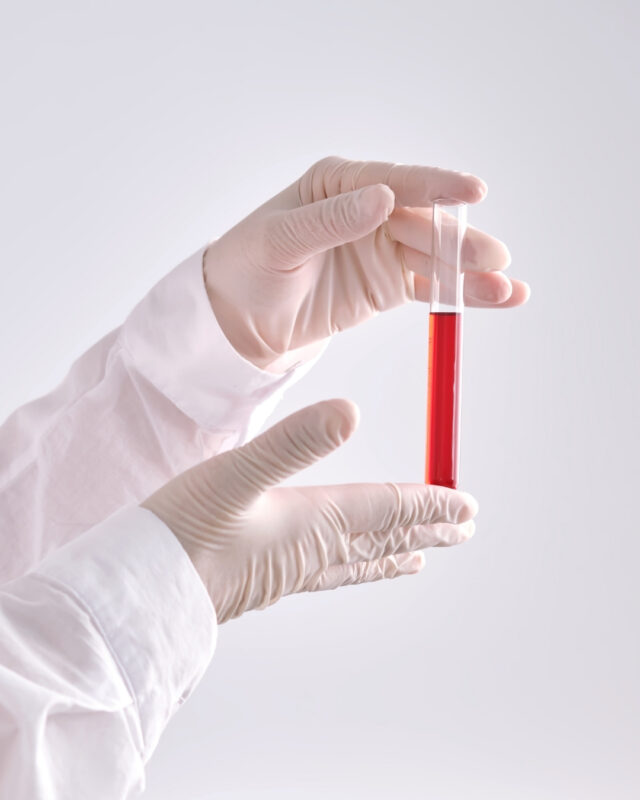As a Functional Medicine OBGYN, I often find myself at the crossroads of traditional medical practices and holistic approaches, especially when discussing Hormone Replacement Therapy (HRT) with my patients. In the evolving landscape of menopause management, the question of whether to opt for HRT is one filled with nuance and requires a personalized approach.
Reflecting on the Evolution of HRT Perspectives
My years in practice have allowed me to witness the shifting perspectives on HRT. Initially, we focused primarily on the potential cardiovascular benefits for postmenopausal women, particularly those over 60. However, as research expanded, it became evident that HRT’s role was not in heart disease prevention. Instead, its efficacy shone in addressing vasomotor symptoms (VMS) such as hot flashes and night sweats, along with genitourinary syndrome of menopause (GUS), which manifests as vaginal dryness, discomfort, and urinary issues.
Navigating Through the Complexities of HRT
In 2022, the position statement by the North American Menopause Society, which is supported globally, underscored the effectiveness of HRT in treating VMS and GUS and preventing osteoporosis. But, as a Functional Medicine practitioner, I am acutely aware of the delicate balance between the benefits and risks of HRT. These risks include blood clots, stroke, gallstones, and notably, breast cancer. The breast cancer risk associated with HRT is complex, varying with the type, dose, administration route, and timing of initiation of therapy.
A Functional Medicine Approach to Decision-Making
When discussing HRT with my patients, I emphasize a personalized approach. Here’s how I guide them:
Pros and Cons Analysis: We start by meticulously weighing the benefits against the risks. This includes considering the need to alleviate severe menopausal symptoms and prevent bone loss against the backdrop of their personal and family medical history, especially regarding breast cancer.
In-Depth Consultations: I believe in thorough discussions that delve into a patient’s health history, lifestyle, and concerns. This helps in tailoring a treatment plan that aligns with their unique health profile.
Exploring Diverse Hormone Therapies: We explore a range of hormone therapies – from pharmaceutical to bioidentical and plant-based options. Each has its merits and suitability depending on the individual’s needs.
Choosing the Right Administration Method: Whether it’s creams, gels, pellets, vaginal inserts, or patches, the mode of hormone administration is crucial. We select the one that offers efficacy and convenience, while minimizing risks.
Adapting to Modern Menopause
Today’s menopausal experience is significantly different from that of previous generations. Women are not only living longer but are also more active – sexually, socially, and professionally. This calls for a menopause management strategy that is not just about managing symptoms but also about enhancing overall quality of life.
Emphasizing a Holistic Lifestyle
In Functional Medicine, we focus on a holistic approach. Alongside considering HRT, I emphasize the importance of nutrition, physical activity, stress management, adequate sleep, and self-care. It’s about creating a balance that supports the body’s natural processes and overall well-being.
Everyone is unique!
Every woman’s journey through menopause is unique. As a Functional Medicine OBGYN, my role is to empower each patient with the knowledge and support needed to navigate this phase with confidence and good health. Remember, the decision to opt for HRT or not is deeply personal and should be made with a comprehensive understanding of its implications on your overall health and lifestyle.
Here’s to a journey of empowerment and well-being through menopause!






